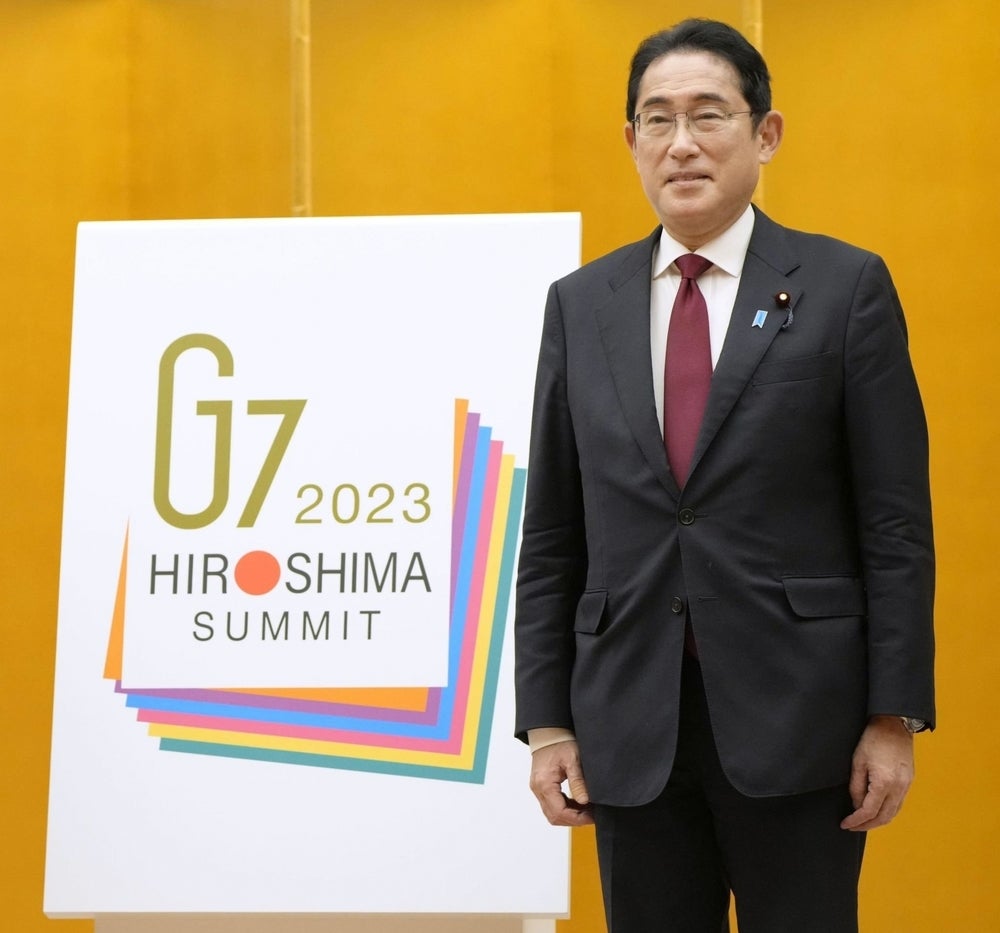
Europe, the US and other allies of Ukraine are preparing to issue another round of sanctions to limit the trade of Russian oil. The measures seek to heighten the pressure on Russia’s economy.
The latest round of penalties seeks to close current loopholes in sanctions placed upon Russian exports following the invasion of Ukraine 14 months ago.

Discover B2B Marketing That Performs
Combine business intelligence and editorial excellence to reach engaged professionals across 36 leading media platforms.
The plans are expected to be unveiled around a G7 meeting due to take place later this month in Japan. Leaders will discuss which sanctioning methods have been successful so far and the options that remain.
The 11th sanction proposal round will seek to reduce the practice of clandestine ship-to-ship transfers, which involve the movement of Russian oil from one ship to the other in the middle of the ocean, beyond the view of regulatory authorities.
Russian ships have been observed turning of their Automatic Identification System (AIS), also known as ‘going dark’, before returning to the port they came from, implying a ship-to-ship transfer.
Russia’s economic recovery
Russian oil made up 45% of the country’s budget in 2021. Putin told a television meeting that the Russian oil and gas industry is causing “positive trends” for the economy last month, amid rising oil prices. The economic recovery comes after the economy contracted by 2.1% during 2022, compared to the previous year.

US Tariffs are shifting - will you react or anticipate?
Don’t let policy changes catch you off guard. Stay proactive with real-time data and expert analysis.
By GlobalDataRussia’s central bank has said the economy will continue to grow this year by as much as 2%, seeing GDP reach pre-war levels by the end of 2024. Despite ongoing sanctions from Europe and the US, Russia claims that all sanctioned oil has been successfully “redirected” to “friendlier” nations.
China and India have become key importers of Russian oil over the last year, along with members of the Organisation of Petroleum Exporting Countries, which is allied with Russia.
EU officials told Bloombergthat the bloc’s sanction package will target ships which turn off their AIS, but it is yet to be approved by all EU member states. Sanctions, if passed, will also be imposed on 36 individuals. The US, Canada and Japan are also preparing their own packages, according to the sources.
Ahead of the Japan summit, G7 leaders have also considered reversing sanction measures so that goods are banned unless exempt, but new measures are yet to be confirmed.





